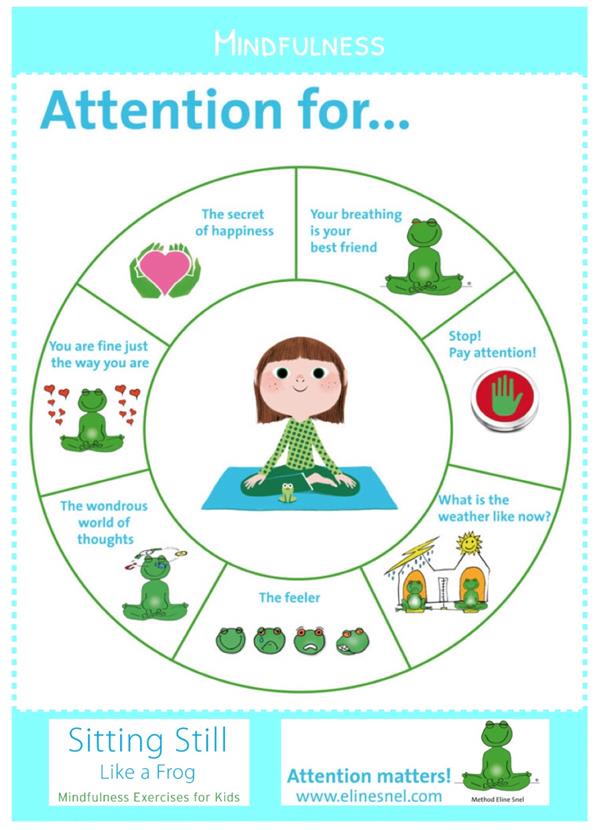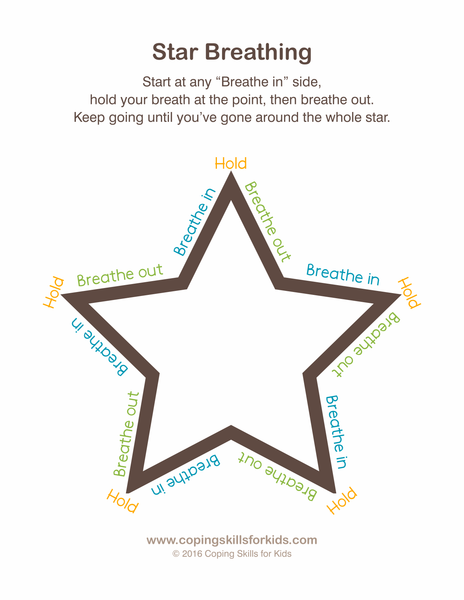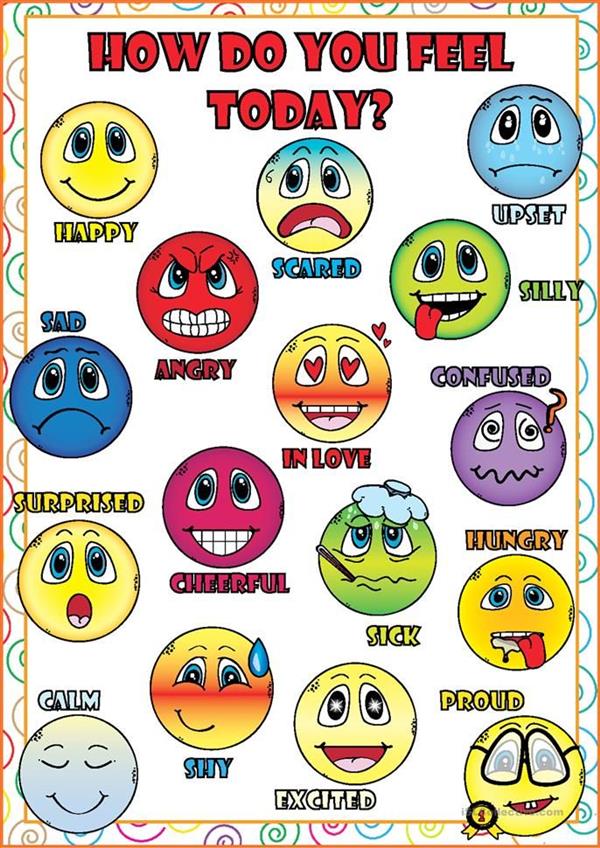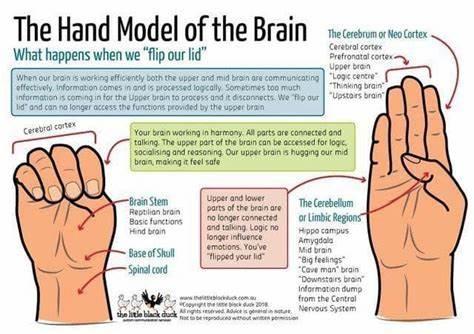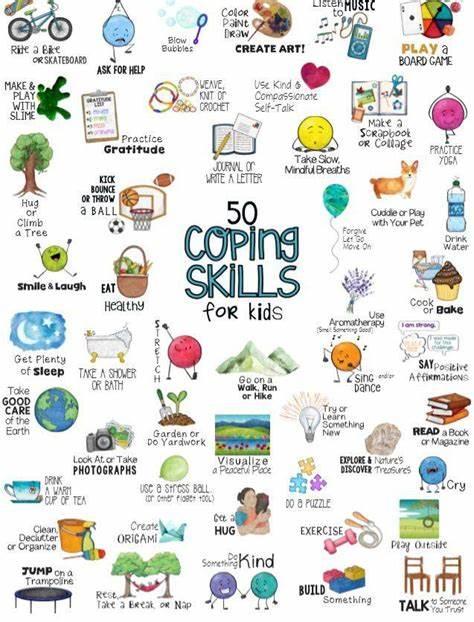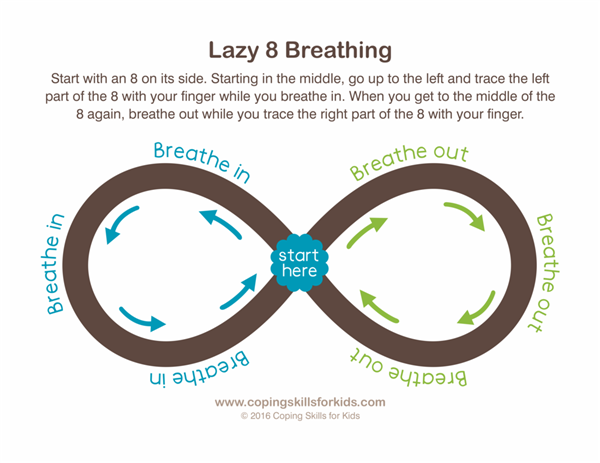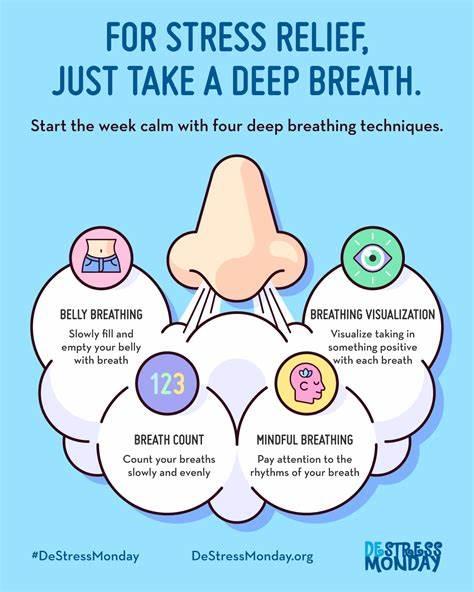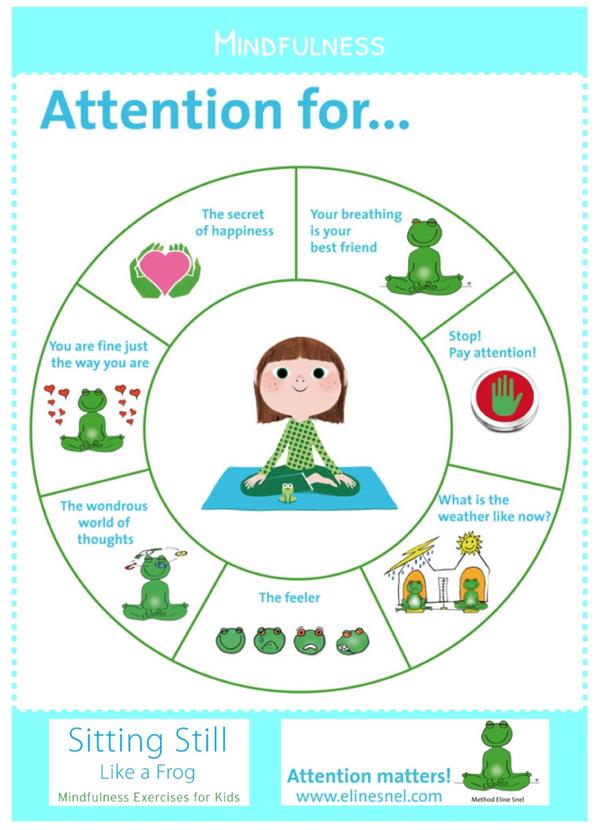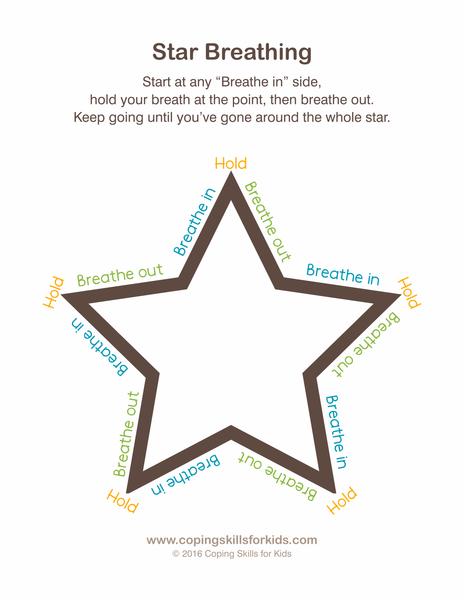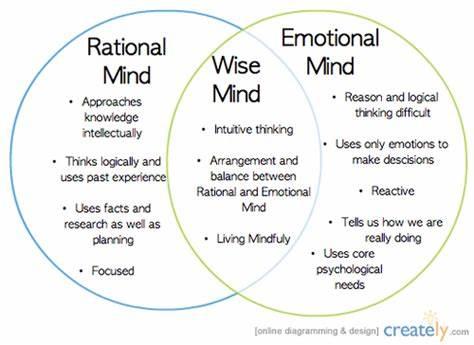- Hamilton Elementary School
- Overview
Fry, Dakota - Trauma Therapist
Page Navigation

Phone:
Email:
Degrees and Certifications:
Mrs. Dakota
Greetings,
My name is Dakota Fry, This is my third year with Hamilton Elementary as a trauma therapist. I can provide support for students with challenges such as, but not limited to anxiety, peer relationships, depression, and motivation. I am excited to spend this school working with you and your students.
-
About Dakota:
I graduated with a Master's in Clinical Mental Health Counseling with a certificate in Play Therapy from Antioch University in Seattle, Washington. Since graduating, I have obtained certificates in Trauma Focused CBT, and Dialectical Behavioral Therapy. As the therapist at Hamilton Elementary, I focus on play therapy techniques.
When I'm not using my training at St. Louis Public School. I enjoy playing volleyball, skiing, reading and exploring the outdoors.
Dakota.fry@slps.org
-
Why is Breating a Coping Skill?
Our body regulates through the primitive brain. Breathing is innate, so when we stop and take deep breaths we engaged our parasympathetic nervous system which then affects out heart rate, digestion system, and out brain.
KEEP BREATHING!
-

Relational-cultural play therapy: Reestablishing healthy connections with children exposed to trauma in relationships.
Children who have experienced trauma in relationships, such as direct physical or sexual abuse, or who have witnessed crimes or domestic violence, often carry forward symptoms of traumatic stress. Children with posttraumatic stress may become withdrawn or aggressive, clingy or distant with caregivers, oversleep and overeat, or develop insomnia and eat too little (A. Banks, 2006, Relational therapy for trauma, Journal of Psychological Trauma, Vol. 5, pp. 25–47). These physical and psychological symptoms are further complicated when children have experienced trauma that disrupts their primary relationships. In this article, we will discuss and illustrate a relational–cultural approach to play therapy designed to help children who have experienced trauma in relationships to reconnect to others in healthy and emotionally beneficial ways. (PsycINFO Database Record (c) 2016 APA, all rights reserved)
